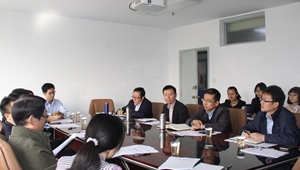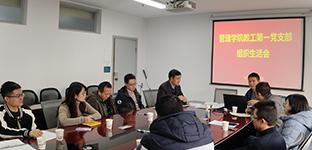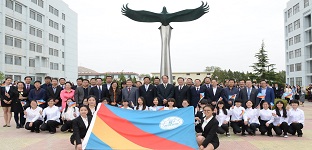Measuring team emotional intelligence: A multimethod comparison.
1.题目
Measuring team emotional intelligence: A multimethod comparison.
2.作者
卫旭华/Xuhua Wei (兰州大学/Lanzhou University)
刘咏梅/Yongmei Liu (中南大学/Central South University)
Natalie J. Allen (西安大略大学/The University of Western Ontario)
3.期刊(影响因子)
Group Dynamics: Theory, Research, and Practice (impact factor: 1.047)
Volume 20, Issue 1, Pages 34-50
4.英文摘要
This study compared 3 measures of the team emotional intelligence (EI) construct: an individual-referent subjective measure, an individual-referent performance measure and a team-referent measure. Results showed that when using emotion-related variables (e.g., team relationship conflict and cohesion) as criterion variables, the team-referent EI measure was the strongest predictor and demonstrated incremental validity over both of the individual-referent measures. Furthermore, the individual-referent subjective measure demonstrated marginal incremental validity over the individual-referent performance measure. These results were not found when task-related variables, such as task conflict and performance, were used as criteria. Implications of the results are discussed.
5.中文简介
本研究比较了三种团队情绪智力测量,分别为个体参考点主观测量、个体参考点绩效测量和团队参考点测量。结果表明,当使用与情绪相关的变量(如团队关系冲突和凝聚力)作为效标变量时,团队参考点情绪智力测量是最强的预测指标,能够在两个个体参考点测量之上展示出增益效度。此外,个体参考点主观测量能够在个体参考点绩效测量之上展示出边际增益效度。然而,当使用与任务相关的变量(比如任务冲突和绩效)作为效标变量时,我们并没有发现上述关系。最后,本研究讨论了结果的启示。
6.网址链接:点击进入





















